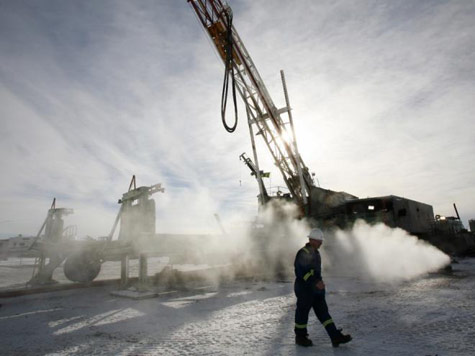The United Nations (UN) has delivered its latest verdict onthe measures necessary to save the world from global warming and thenews is as grim as it is predictable and wearisomely familiar:
More regulation from “experts”, technocrats and bureaucrats atsupranational organisations, such as the one whose initials begin with Uand end with N.
More taxpayer subsidies for expensive, inefficient renewable energy.
More nuclear power (with shale gas used as a transitional fuel to replace coal).
The abandonment of fossil fuels.
Less meat consumption.
A single, globally-regulated price for carbon dioxide.
More local-government-enforced walking, cycling and public transportation.
More back-door wealth redistribution from the West to the developing world in the name of “sustainability”
All at a cost to the global economy of up to 3.7 per cent of GDP by 2030, provided we act now.
These are the recommendations of Working Group III of the FifthAssessment Report of the Intergovernmental Panel on Climate Change(IPCC), due to be officially announced in Berlin on Monday.
The report notes that almost half of the rise in post-industrialanthropogenic (man-made) CO2 levels since 1750 occurred during the lastforty years. Therefore, it argues, a dramatic decarbonization of theworld economy – including more renewable energy and less fossil fuel -must begin immediately if global warming is to be kept below 2 degrees Cby the end of the century.
This action will set back economic growth, involve significantBut only with “major institutional and technological changes” can theworld avert an even greater threat. If no action is taken, it warns,temperatures may rise by as much as 4.8 degrees C by 2100.
“There is a clear message from science: to avoid dangerousinterference with the climate system we need to move away from businessas usual,” said Germany’s Otmar Edenhofer, one of the three co-chairs ofthe report.
However, Edenhofer’s claim sits somewhat at odds with the evidenceproduced in the IPCC Fifth Assessment Report’s two earlier sections.
The Working Group I report, released in September last year,admitted that there has been an inexplicable pause in global warmingsince 1997, which none of its computer models predicted. (In otherwords, the entire basis of man-made-global warming theory – whichunderpins Working Group III’s demands for “decarbonisation” – may dependon a flawed assumption, unsupported by real-world evidence).
The Working Group II report, released last month,said that the cost of “global warming” may not be nearly so great asearlier, hysterical reports had claimed: perhaps as little as 0.2 percent of GDP by the end of the century. Even if you take the report’supper estimate of the economic costs of global warming – 2.0 per cent ofGDP – that still means that it will take less than one year’s economicgrowth to wipe out ALL the economic damage that global warming canmuster.
This makes a mockery of the suggestion by Working Group III that inorder to keep global temperature increases below 2 degrees C by the endof the century, nearly 4 per cent of GDP must be spent ondecarbonization measures. Clearly – if Working Group II is correct – itwould be much cheaper and less economically damaging to do nothing.
“The report is written in extreme language, of course it is, becausethat is what the IPCC does,” said Benny Peiser of the independent,London-based think tank the Global Warming Policy Foundation. “But whatis unusual about this one is its support for nuclear energy and shalegas – for which the greens will hate it.”
He added: “Not that any of this matters. The IPCC is longer takenseriously by governments around the world and decarbonization has ceasedto be one of their major priorities. Thanks to the crisis in theUkraine and the state of the global economy, they are now much moreinterested in energy security and economic competitiveness than they arein ‘combating climate change.'”

COMMENTS
Please let us know if you're having issues with commenting.